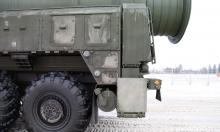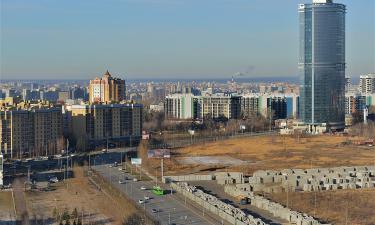PORTUGAL: CONTRARY TO NATO’S CLAIMS, TROOPS IN BALKANS NOT INFORMED ABOUT AREAS OF RISK FROM DEPLETED URANIUM WEAPONS
Castro Caldas, the Portuguese Defence Minister, stated yesterday that the Portuguese government was not informed by NATO about areas where depleted uranium weapons had been deployed. Consequently, the Portuguese contingents sent to Bosnia in 1996 and Kosovo in 1999 did not know of the risks involved in the areas where they were stationed at the time of arrival. It was recently reported that Portuguese soldiers had not used the protective clothing worn by the Dutch and German contingents, for example. How can they have been expected to take the necessary precautions if they did not even know they were at risk? Castro Caldas stated that NATO only presented the targetings (places where DU weapons were used) in October, 2000 (in the case of Kosovo) and January, 2001 (Bosnia). This contradicts earlier NATO press releases that “without exception” all countries participating in the Balkans peace-keeping forces had been informed in good time. The Portuguese Prime Minister, Antonio Guterres, formally requested an explanation from Lord Robertson, NATO Secretary-General. In his letter of reply, Lord Robertson admitted the use of DU weapons in Kosovo. He also admitted that plutonium was present in weapons used both in Bosnia and in Kosovo. However, he reiterated NATO’s position that there is no connection whatsoever between depleted uranium, plutonium and the cancerous illnesses, such as leukaemia, from which so many Balkans veterans are suffering – or have died from. Meanwhile in Spain, the number of cases of cancerous diseases among Balkans veterans has risen to 17. The Spanish Defence Ministry has revealed partial results of tests carried out on soldiers who had served in the Balkans. In two soldiers, the levels of lead (Pb) were shown at 20 microgrammes per decilitre of blood. According to World Health Organization charts, such levels are considered a “risk” to the health.
TIMOTHY BANCROFT-HINCHEY PRAVDA.RU LISBON
Subscribe to Pravda.Ru Telegram channel, Facebook, RSS!




